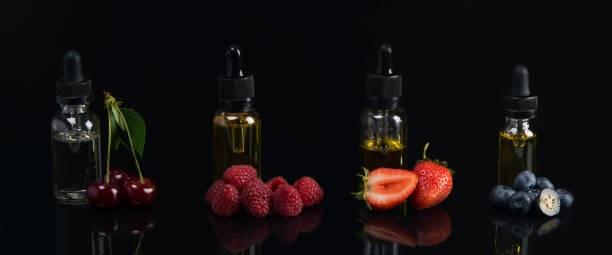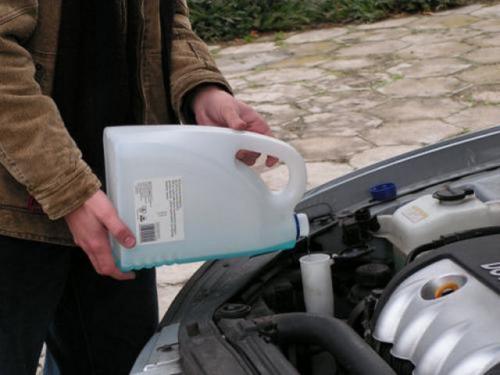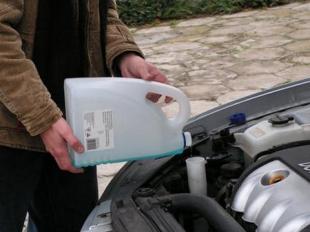
Can liquids be mixed?
 Engine maintenance requires the use of certain operating fluids that we do not mix with others. But what do we do when we have no other choice?
Engine maintenance requires the use of certain operating fluids that we do not mix with others. But what do we do when we have no other choice?

Not all working fluids are completely miscible with others, if only because of their composition and chemical properties.
One of the most important fluids is engine oil. The problem arises when there is not enough of it, and we cannot buy what is in the engine or, even worse, we do not know what was used, for example, immediately after buying a used car. So the question arises: is it possible to add another oil?
Experts say that driving with insufficient oil is more harmful to the engine than using the wrong oil for a short time. The least problem occurs when we fill in oil of the same viscosity, not necessarily the same brand. But even if we mix oil of a different viscosity or mineral oil with synthetic oil, such a mixture will still provide effective engine lubrication. Of course, such a procedure is carried out on a case-by-case basis, and you must remember to fill the engine with a homogeneous oil recommended by the manufacturer as soon as possible.
“As a rule, no fluids should be mixed with others with different properties, but in an emergency, even mineral oil will combine with synthetic and will not harm the engine for a short distance. Depending on the mileage, one can only guess that a car with a mileage of up to 100 km is more likely to have a synthetic oil in the engine, above this value is semi-synthetic and above 180thous. mineral oil should rather be used, although I emphasize that this value is determined very precisely by the car manufacturer,” explains Mariusz Melka from the Organika chemical plant in Lodz.
The situation with the coolant is a little worse. Since aluminum coolers have different types of liquids, and copper coolers have different types, they cannot be mixed with each other. The main difference here is that aluminum radiator engines use seals made of a different material than copper radiators, so using the wrong fluid can damage the seals, and then cause the engine to leak and overheat. However, almost any coolant can be topped up with water, but especially in winter conditions, such a mixed coolant should be replaced with the original, non-freezing coolant as soon as possible.
Brake fluid also adapts to the type of brake (drum or disc) as well as to the load, i.e. temperature at which it operates. Mixing different types of fluids can cause them to boil in the brake lines and calipers, resulting in a complete loss of braking efficiency (there will be air in the system).
The easiest way is with a windshield washer fluid that can be freely mixed, remembering only that by adding one that is designed for positive temperatures to the winter fluid, we risk freezing the entire system.
